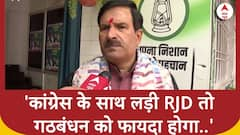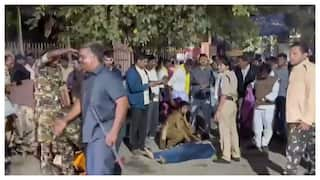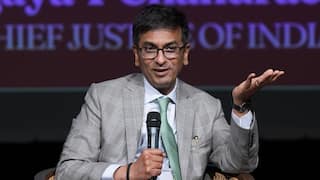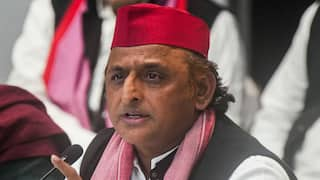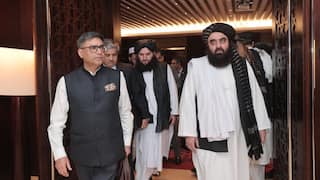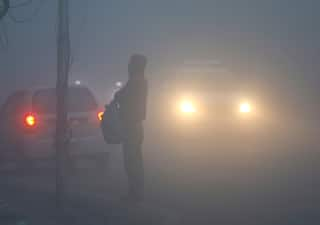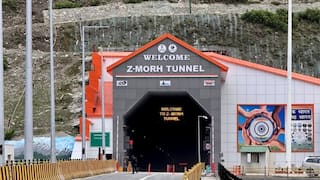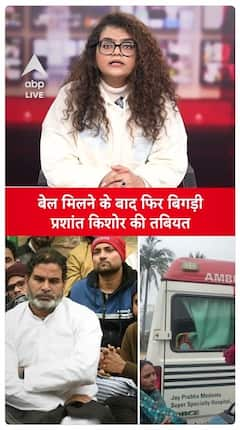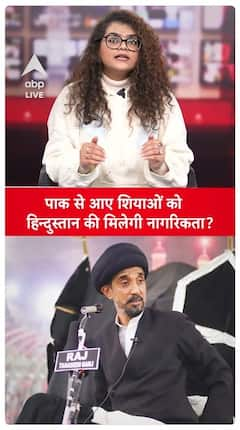Give families access to Reuters journalists: Myanmar rights body

Naypyidaw [Myanmar], Dec 28 (ANI): The Myanmar Human Rights Commission on Thursday urged the authorities to allow the families to visit the two Reuters' journalists arrested for allegedly breaching the country's Official Secrets Act.
According to the Myanmar Times, the National Human Rights Commission (MNHRC) also urged authorities to respect the rights due to the arrested reporters and allow them access to legal assistance.
Reuters' journalists, 31-year-old U Wa Lone, and 27-year-old U Kyaw Soe Oo, were arrested on December 12 while reporting on development in northern Rakhine State, where a Rohingya crisis is festering.
Since their arrest, the Myanmar police has not allowed lawyers or family members to visit them.
MNHRC spokesperson U Yu Lwin Aung confirmed that they have received many letters from many media organisations, including the Myanmar Press Council and family members of the arrested journalists.
"MNHRC will send to the President Office and other related authorities the statement," he said.
On Wednesday, a Myanmar Court extended the detention of two journalists for another 14 days.
The United States has described the arrests as "highly irregular."
More than 655,000 Rohingyas have crossed into Bangladesh since August 25, escaping a military crackdown in Rakhine state, which many countries and human rights bodies have described as a case of ethnic cleansing.
The military action, which was triggered after their posts became targets of terrorist attacks allegedly by the rebel Arakan, a Nationalist Army, has invited ire of the international community.
On October 12, a United Nations' report based on interviews conducted in Bangladesh found that brutal attacks against Rohingyas in the northern Rakhine state have been well-organised, coordinated and systematic, with the intent of not only driving the population out of Myanmar but preventing them from returning to their homes.
The Rakhine state is home to a majority of Muslims in Myanmar, who have been denied citizenship and long faced persecution in the Buddhist-majority country, especially from extremists.(ANI)
This story has not been edited. It has been published as provided by ANI
Trending News
Top Headlines












